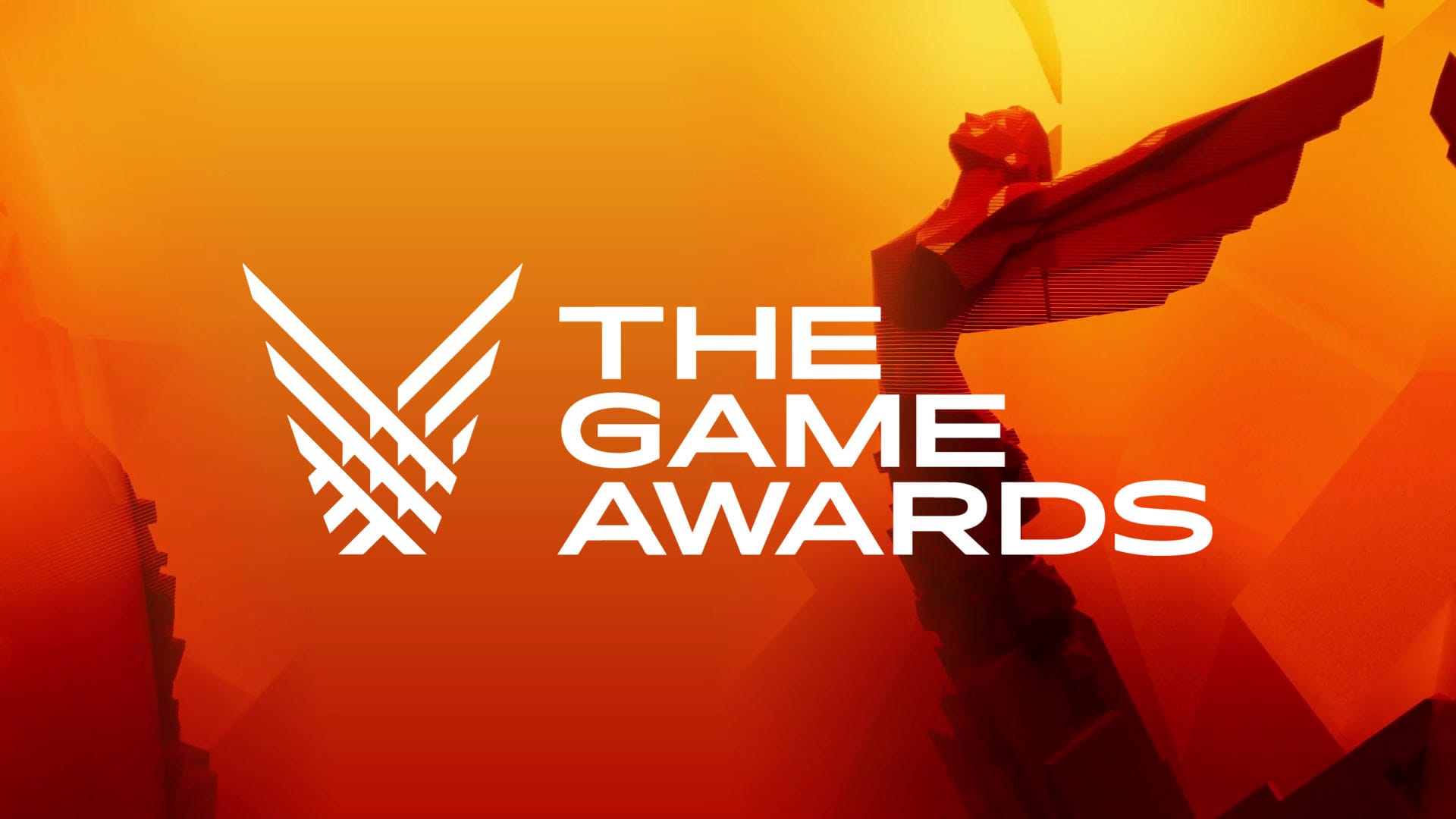The Game Awards, an annual event celebrating the best in video gaming, has consistently highlighted a wide array of genres, from action and adventure to role-playing and sports. However, the 2024 ceremony revealed a significant trend: horror games were largely overlooked in the nominations, despite their popularity and critical acclaim in the gaming community. This year, ASTRO BOT emerged victorious, claiming the Game of the Year award, while many horror titles were left without recognition. This article delves into the reasons behind this trend and its implications for the horror genre within the gaming industry.
Horror games have long been a staple of the gaming landscape, captivating audiences with their unique ability to evoke fear and tension. Titles such as Resident Evil, Silent Hill, and more recent entries like Phasmophobia and The Medium have garnered substantial followings, both for their innovative gameplay mechanics and their compelling narratives. Despite this popularity, the absence of horror games in the top nominations for The Game Awards 2024 raises questions about genre bias and the criteria used by voters.
One possible explanation for the limited representation of horror games at the awards could be the evolving preferences of the gaming community and the industry at large. As gaming technology advances, players are increasingly drawn to immersive experiences that blend storytelling with stunning graphics and gameplay mechanics. This shift may favor genres that emphasize exploration, adventure, and action, potentially sidelining horror games that traditionally rely on atmosphere and tension rather than fast-paced action.
Moreover, the perception of horror games as niche products could contribute to their underrepresentation in major awards. While horror games have a dedicated fanbase, they often appeal to a specific demographic that may not be as broad as those who enjoy action or role-playing games. This demographic divide may influence voting patterns, as award voters might gravitate towards genres that they personally enjoy or perceive as more mainstream.
The impact of social media and streaming platforms also plays a significant role in shaping the visibility of different game genres. In recent years, platforms like Twitch and YouTube have become crucial for game marketing and exposure. Games that generate significant viewer engagement and community interaction tend to receive more attention, leading to greater sales and popularity. Horror games, while popular in streaming circles, may not achieve the same level of mainstream visibility as more action-oriented titles, which can further affect their chances at award nominations.
The Game Awards 2024 did not lack in diversity, showcasing a variety of games across numerous genres. However, the spotlight on ASTRO BOT as the Game of the Year winner further emphasizes the trend of favoring titles that combine innovation with broad appeal. ASTRO BOT, known for its charming characters and engaging gameplay, exemplifies the qualities that resonate with both critics and the gaming community, which may not always align with the darker themes often found in horror titles.
As the gaming industry continues to evolve, it remains essential for award ceremonies to recognize and celebrate the contributions of all genres, including horror. The genre has historically pushed boundaries in storytelling and gameplay design, and its exclusion from major awards could stifle creativity and innovation. Horror games often explore complex themes and narratives, challenging players to confront their fears and engage with deeper psychological elements.
In conclusion, the lack of horror game nominations at The Game Awards 2024 highlights a broader conversation about genre representation in the gaming industry. While ASTRO BOT’s win is a testament to its quality and appeal, it is crucial for the industry to acknowledge the significant contributions of horror games. As gaming continues to grow and diversify, recognizing the importance of all genres, including horror, will foster a more inclusive and vibrant gaming community. The future of horror games may depend on their ability to adapt to changing player preferences, but it is also vital for awards and industry recognition to reflect the diverse landscape of gaming.



